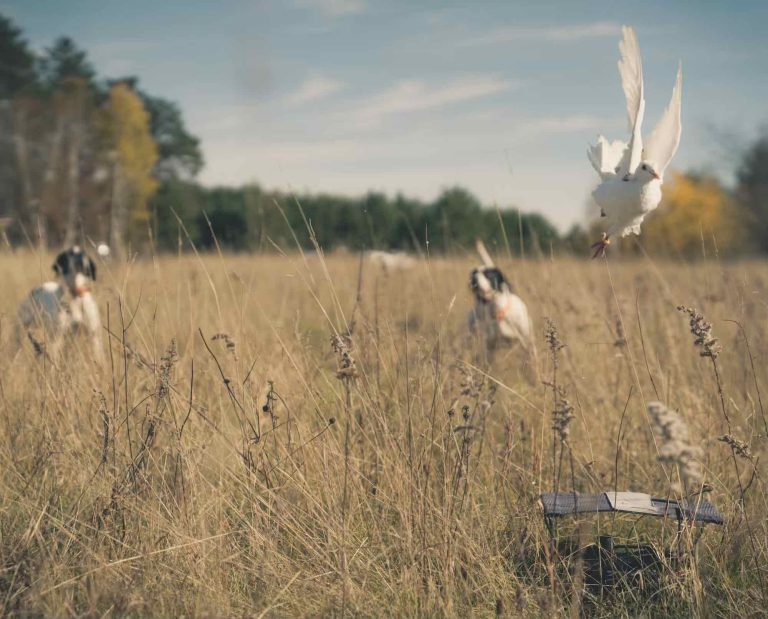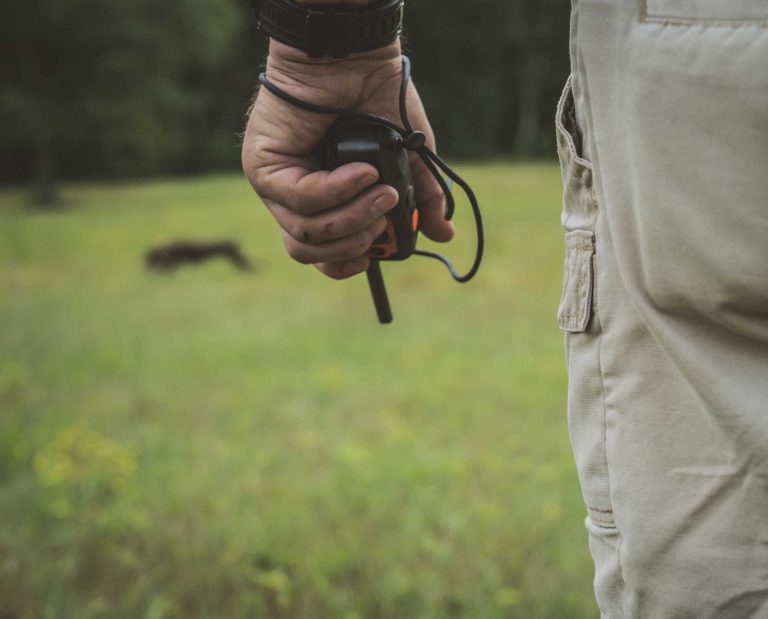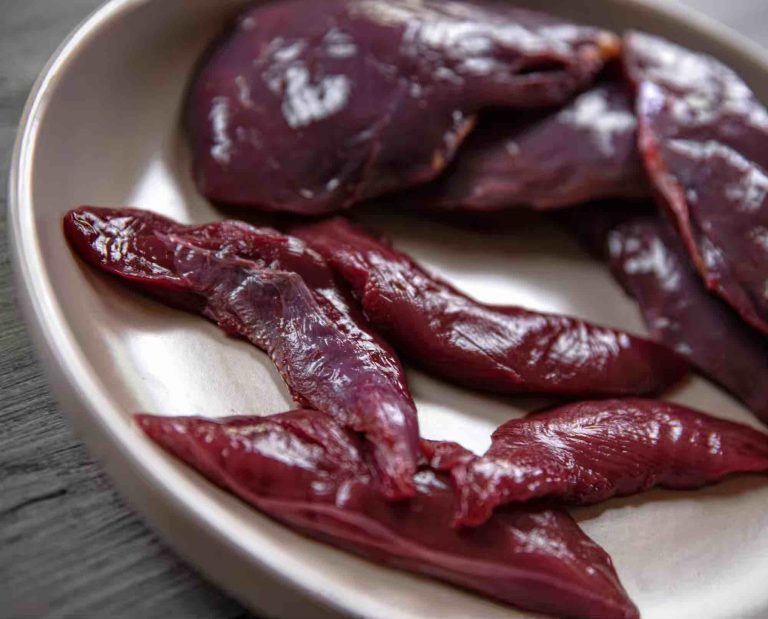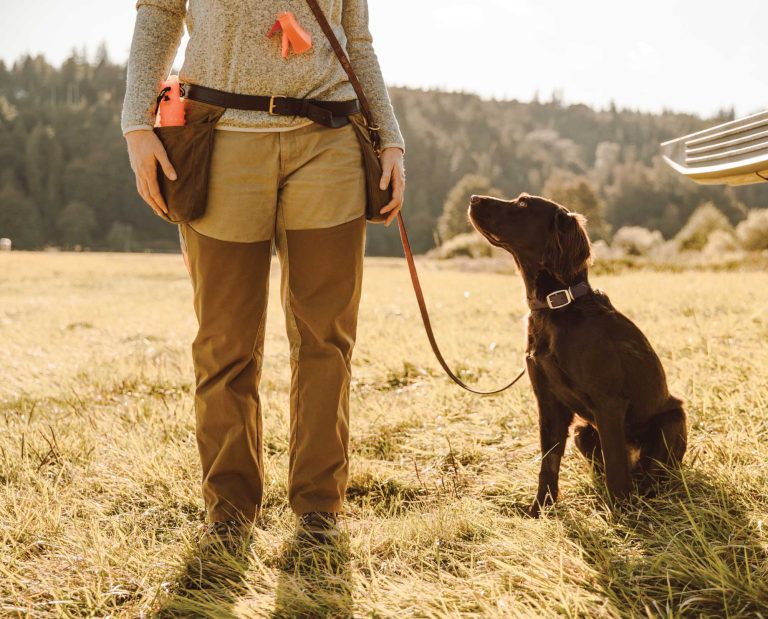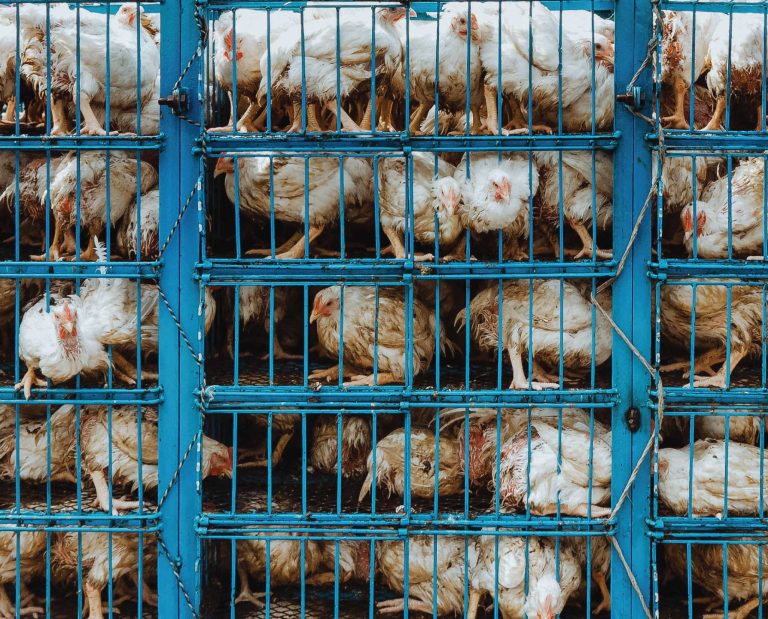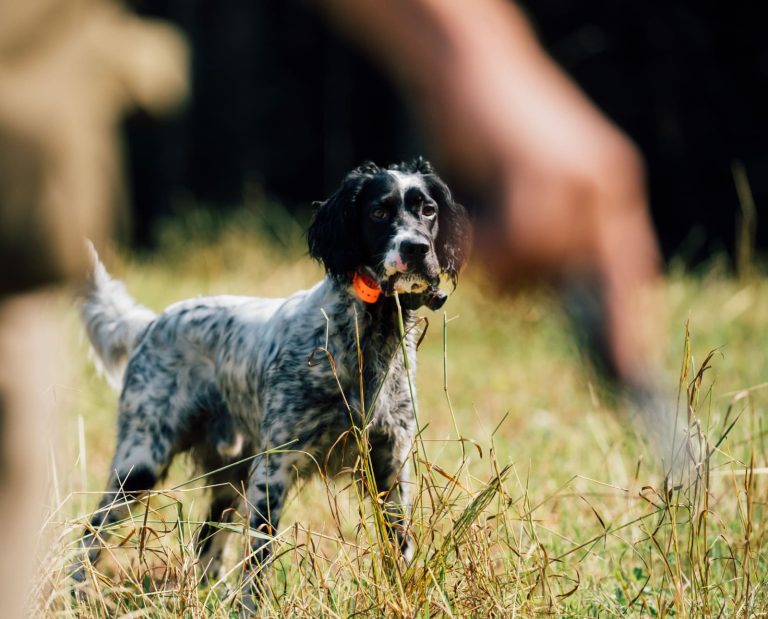Youth Field Trial Alliance (YFTA)
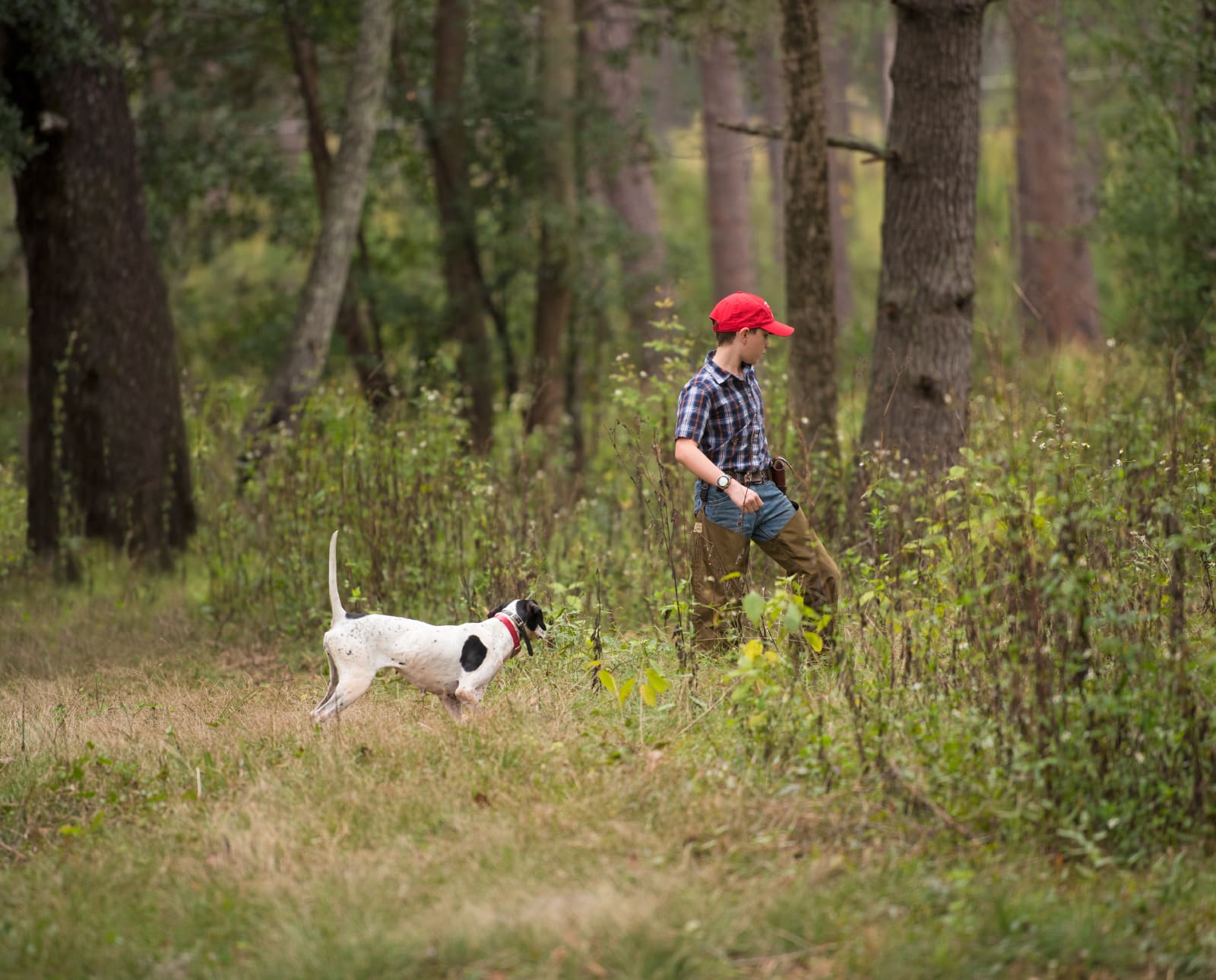
The Youth Field Trial Alliance was established to promote and support youth participation in sporting dogs, wingshooting, and the traditions of field trialing in North America.
Kids and dogs. It’s a timeless combination. Humans have had an inexplicable connection to “man’s best friend” dating back as far as 20,000 years, according to scientific evidence revealing when domestication of wild canids began. Social media, online games, cell phones, and whatever comes next will not break that bond, though it may lie dormant at times. Let’s narrow it down to kids and sporting dogs. Let’s assume you are reading this publication because your own life has been made inexorably richer through the preoccupation with upland bird or waterfowl hunting, field trialing, bird dogs, or gun dogs of any breed. You are likely also aware of the growing list of factors that may threaten our cherished sporting life. Now is the time to give our children all the opportunities available to cultivate the bond with sporting dogs that places them on the path to the same fulfillment we enjoy and, hopefully, to ensure the same for future generations.
In March of 2019, I attended my first youth field trial for pointing dogs hosted by the Georgia/Florida Field Trial Club. Because of morning rain, I arrived somewhat late at Hale’s Place Plantation, just north of Tallahassee, Florida in the beautiful pine woods country called the Red Hills. I incorrectly assumed the trial would be held on one course and I could easily join the gathering between braces. I was wrong. This was a real, continuous-course field trial contested on bobwhite quail. About a dozen youth handlers—most of them the children of plantation managers/field trialers—competed on horseback in the 20-minute stakes. The handlers were between about 8 and 15 years of age. The crack of starter pistols in the distance finally helped me locate the field trial party, camera in hand to capture the action. It was heart-lifting, inspiring, and just plain fun to watch each of the young handlers in the braces take charge of their dogs, find them pointed, and shoot their blank pistols after flushing, fast-flying quail. A large gallery of parents and friends as well as the judges and scouts gave encouragement and help when necessary. A total success, the afternoon ended with three placements given and no handler going home empty-handed.
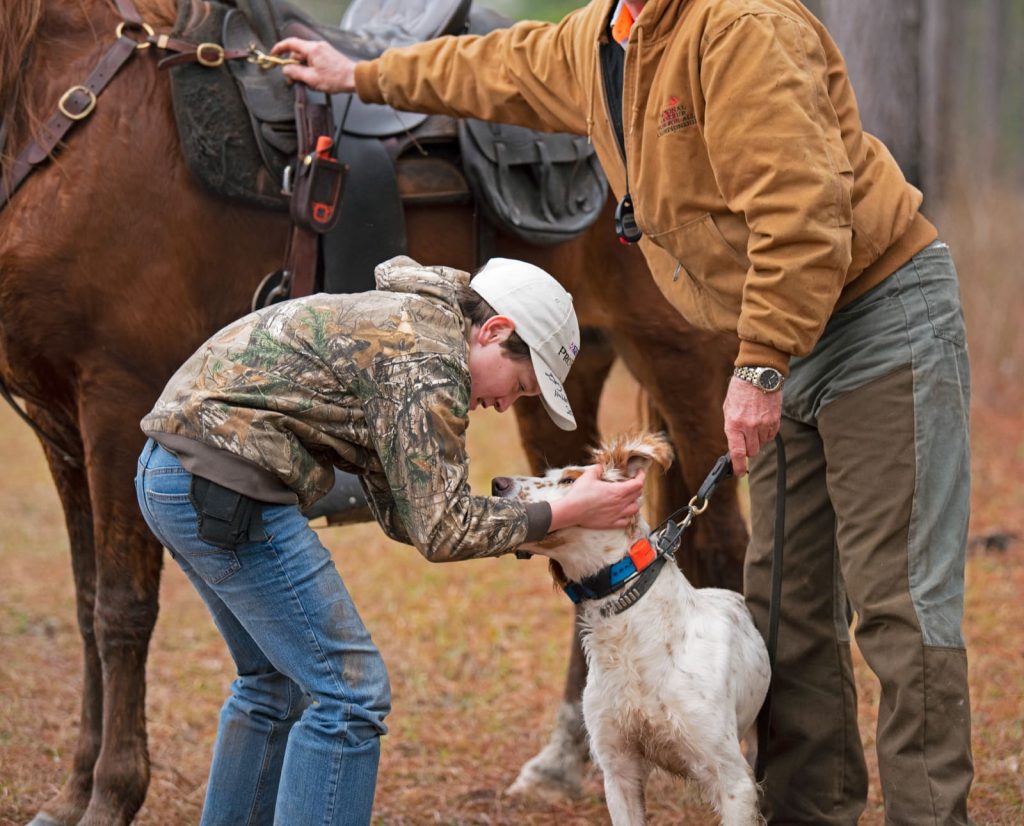
We launched the Youth Field Trial Alliance consideration of how Strideaway, the online publication I run with Mazie Davis, could promote youth field trials. We hold a firm belief that a national organization could assist and encourage field trial clubs around the country to host youth trials and training days. A little research showed that the last several years had given rise to coordinated efforts around the country to get kids outside and off their electronic devices. The well-founded concerns—physical, mental, and social—for kids lacking opportunities to spend time outdoors are based on solid evidence.
The following points define our mission and illustrate the benefits of pointing dog field trials for youth handlers:
- Promote physical and mental health and well-being by having kids active, outdoors, and off their digital devices
- Teach responsibility through caring for and working with animals
- Instill confidence and healthy competition while fostering real life social skills including friendship, cooperation, and sharing
- Promote a lifelong love of the outdoors, dogs, horses, and wildlife
- Engage young people in local community activities and build their understanding and appreciation of longtime traditions
- Nurture interest, support, and involvement in wildlife conservation.
The following November, as in the previous three years, Strideaway was invited to participate in the Southern Game Fair hosted by Kevin’s Fine Outdoor Gear & Apparel of Thomasville, Georgia, on the stunning campus of what was once one of the largest quail plantations in the area: Greenwood Plantation. Four youth handlers were chosen to demonstrate pointing dogs—searching, pointing, and backing released quail—to an enthralled audience of about a hundred. Even here in the heart of quail country, there were people who had never before witnessed a bird dog on point. Georgia professional trainer/handlers and supporters joined in providing bird dog gifts for the young handlers, helping to make the Youth Field Trial Alliance’s first official event a great success.
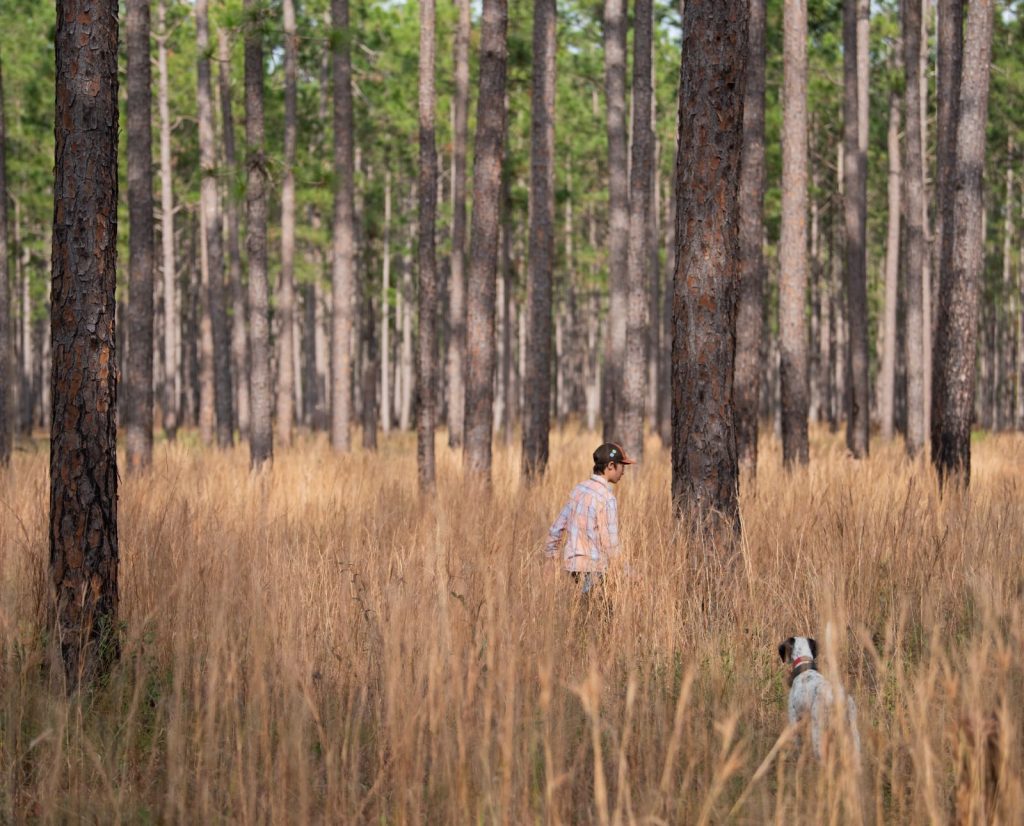
So why bring kids into field trials? Why not just encourage kids to go upland bird hunting and find their way to field trials if they show an interest? Simply put, there’s room and a need for both. Certainly, there are organizations whose focus is already on youth upland bird hunting and we applaud their efforts. In the past, our sport has been difficult to show to newcomers and, frankly, the field trial world hasn’t made much of an effort. Today, most field trialers have come to the realization that our ranks, just as in upland bird hunting, are made up of older people and the health of neither activity will flourish unless we actively appeal to younger people. My own twenty-year involvement in field trials opened enormous opportunities for me to become a better dog trainer and handler, thereby also enriching my experience as an avid upland bird hunter. Field trialing connects its participants via a common thread, no matter where in the US or Canada they hail from. By participating, you become part of its rich history and its community. Field trialing also extends the bird dog season significantly, whether training or competing. And there’s where we may have greater opportunities for getting young handlers hooked on bird dogs for life.
Youth Field Trial Alliance’s first mission was to design and build a professional website (https://youthfieldtrialalliance.org/) as a place to promote youth field trials, house an events page that offers accurate information about dog training days and youth trials across the US and Canada, and archive those events on a news page which we share to social media. The website also contains basic information about pointing dog field trials, its history, and descriptions of the most popular pointing dog breeds that compete in American Field-sanctioned trials. Field trialers around the country were invited to submit short descriptions of their particular breed. For newcomers to field trials, the website provides this basic introductory information that is not easily found elsewhere on the Internet.
Good communication is key to expanding youth events across the country and to make them permanent fixtures of clubs’ annual offerings. The more that field trialers and field trial clubs are made aware of what others accomplish, the more it will encourage them to follow suit. Advertising the successes of one area can encourage other areas. Alabama, in particular, is a state with great success in holding and promoting youth field trials. Several clubs have hosted youth field trials continuously since the 1970s and offer a youth scholarship for the winningest handler. Georgia’s Dixie Trace Field Trial Association, which represents approximately 36 field trial clubs in the southeast, voted to offer a similar annual college scholarship awarded to the winningest handler competing in their clubs’ trials.
We encourage field trialers to hold any kind of youth program that works for their club and the ages of their kids. We do not favor or endorse any particular set of guidelines for conducting youth events, whether walking or horseback, though we are happy to give advice on how to conduct a youth event or connect clubs and individuals with others in similar situations.
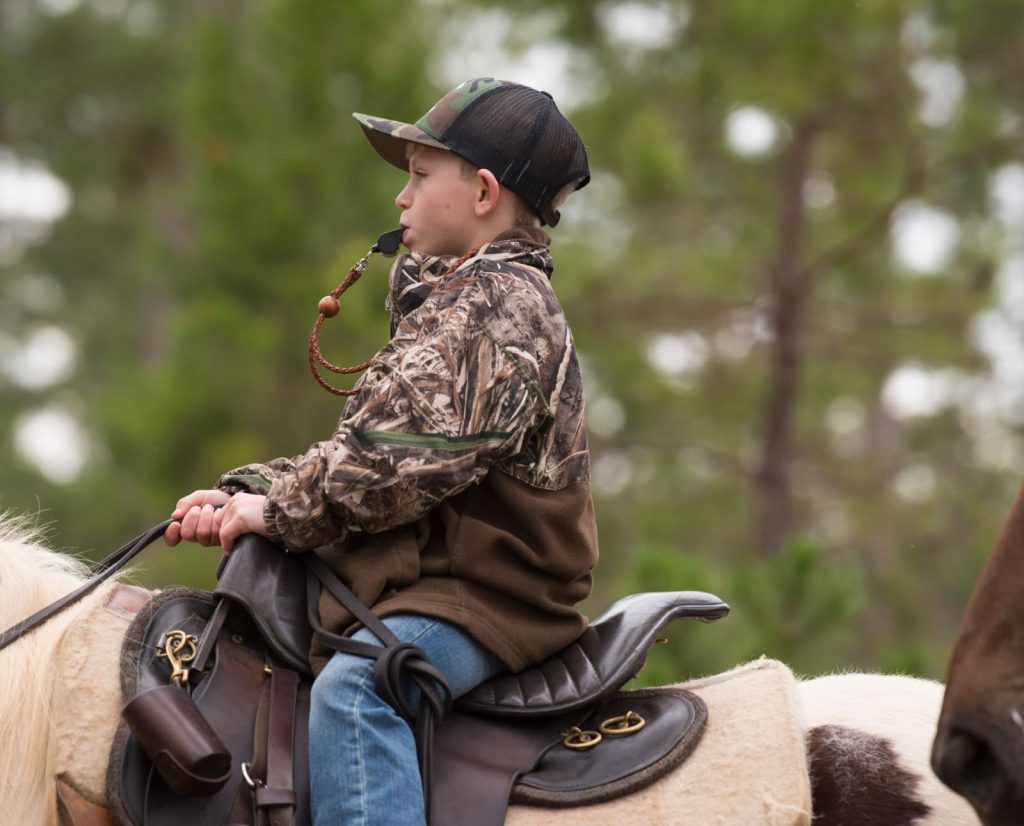
In youth trials, it is of course the handlers that are the focus. Youth trials are not formally sanctioned, so unlike sanctioned American Field or American Kennel Club trials, the dogs’ wins are not recorded. Instead, it’s all about celebrating the success of the young handlers and welcoming them into the community.
Many youth trials are judged to what is referred to as a “Gundog Standard” where the dogs are not required to be steady to wing and shot. If youth handlers continue on to compete in sanctioned trials, of course, there are standards for classes of dogs to meet. Non-sanctioned youth trials can evolve over time and as young handlers gain confidence and experience. The critical piece is getting kids involved early in their lives, before other activities such as school sports start to compete for their time. We want them to get hooked on bird dogs, game birds, horses, the field trial game, and the great outdoors first.
This past summer, the Alabama Field Trial Association hosted a ground-breaking seminar for youth handlers in Union Springs, Alabama—the city that boasts of being the field trial capital of the world and home to the beautiful pointer sculpture in the town square by the late Robert Wehle of Elhew Kennels. The seminar was held at the Greenway Sportsman’s Club and attended by about twenty young handlers of various ages and experience levels. Some of the top professional field trial handlers and successful amateurs in the country were invited to participate; each spoke on a different topic from training, field trial handling, scouting, caring for field trial horses, sportsmanship, and ethics. Small groups of youth handlers, made up equally of boys and girls, went from station to station so each would have the opportunity to ask in-depth questions. The excitement and enthusiasm of the young handlers, the presenters, parents, event officials, and other attendees was unmistakable and encouraging.
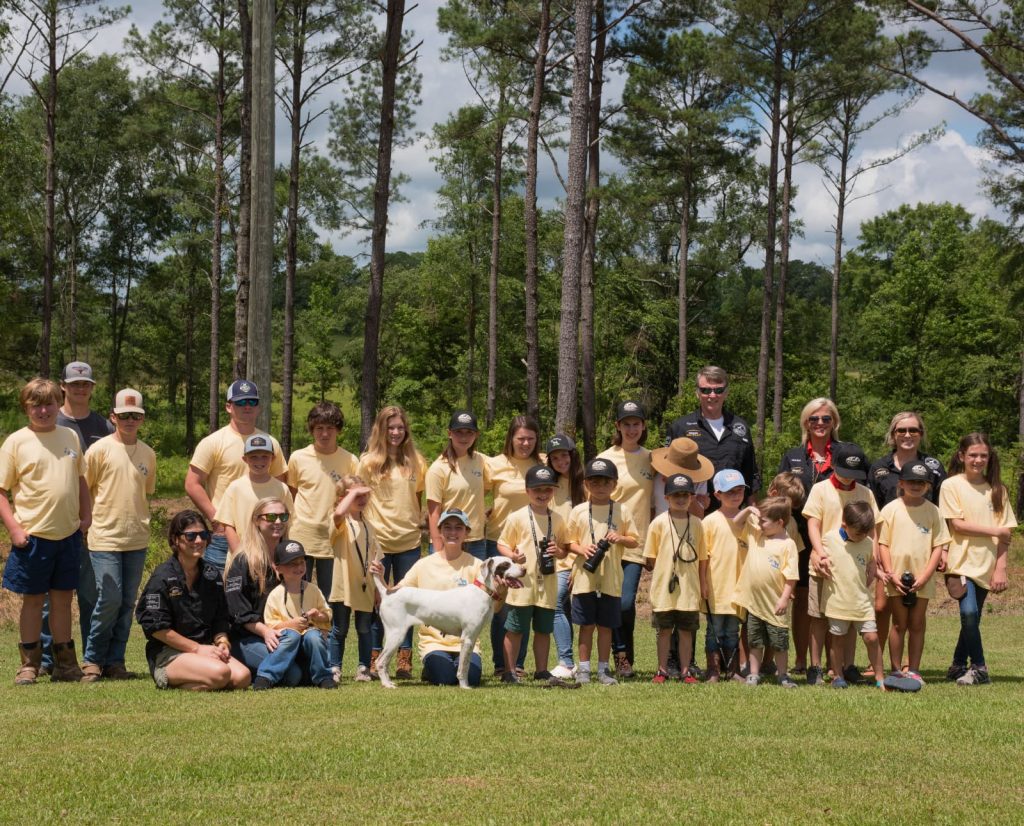
In what other ways can we expand participation and introduce pointing dog field trials and upland bird hunting to an entirely new, young audience? YFTA has been actively promoting youth field trials via social media, through numerous magazine articles, and by reaching out for support from field trialers, related businesses and industries, conservation groups, and shooting sport organizations. We’re partnering with field trial groups like Southern Bird Hunters Association that are expanding youth field trials to other areas of the country and offering more walking trials, recognizing that even in parts of the country where dogs are traditionally handled off horseback, horse ownership can be a huge deterrent to newcomers.
This fall, we’ll be starting a new email campaign called “Tips from the Pros,” allowing busy professional trainer/handlers to support youth handlers simply by offering training and handling tips. We’re also busy putting together a listing of youth programs in related fields.
YFTA has been invited to participate in the 2021 Kevin’s Southern Game Fair this November, where a small group of young handlers will conduct the entire demonstration of field trial activities such as roading dogs, saddling up field trial horses, training dogs to back, and more, with the “grown-ups” lending a hand only where needed. It’ll be a big hit again!
How will we know if our efforts are successful? From personal experience, I know that the entries were larger and the galleries of onlookers bigger in the last two youth trials I attended in my area this past spring, compared to 2019. I was amazed at the incredible strides several of the young handlers I’ve known these past two years have made. Their handling, riding, and scouting abilities—as well as the confidence they exuded—were remarkable. But it shouldn’t be so surprising. Kids, in the right setting and with the right encouragement, are naturally going to excel when it comes to bird dogs. We just need to provide the right opportunities.



